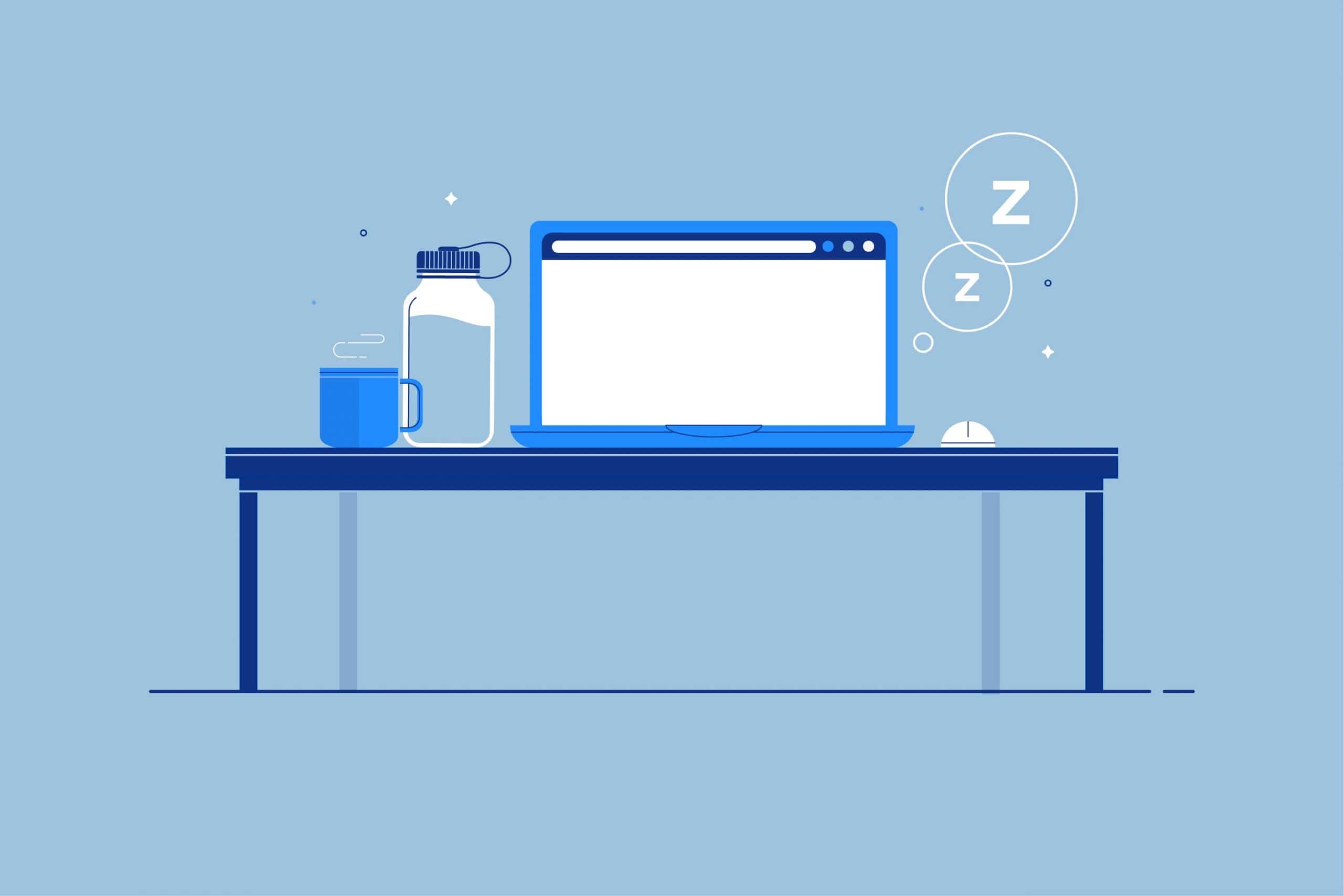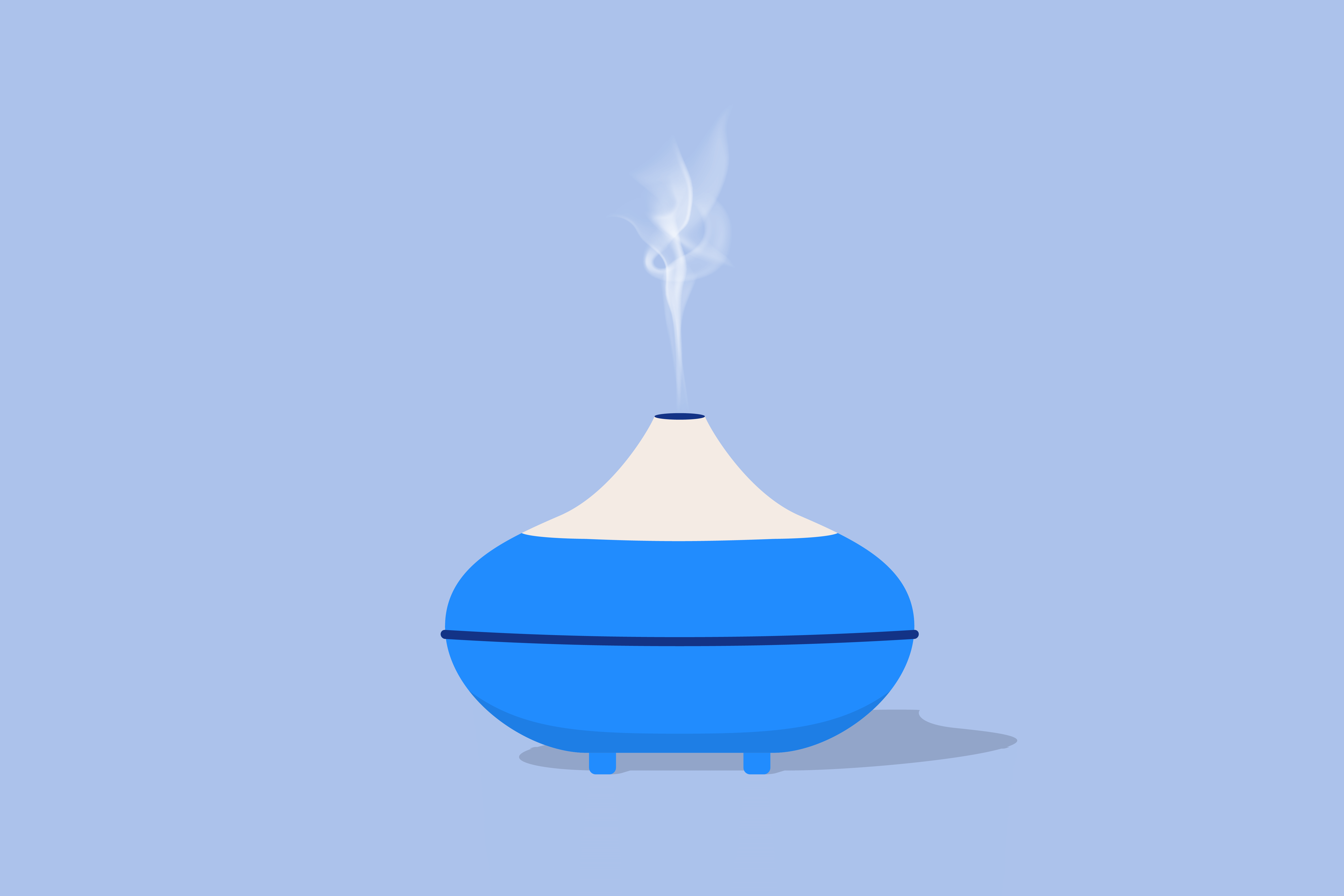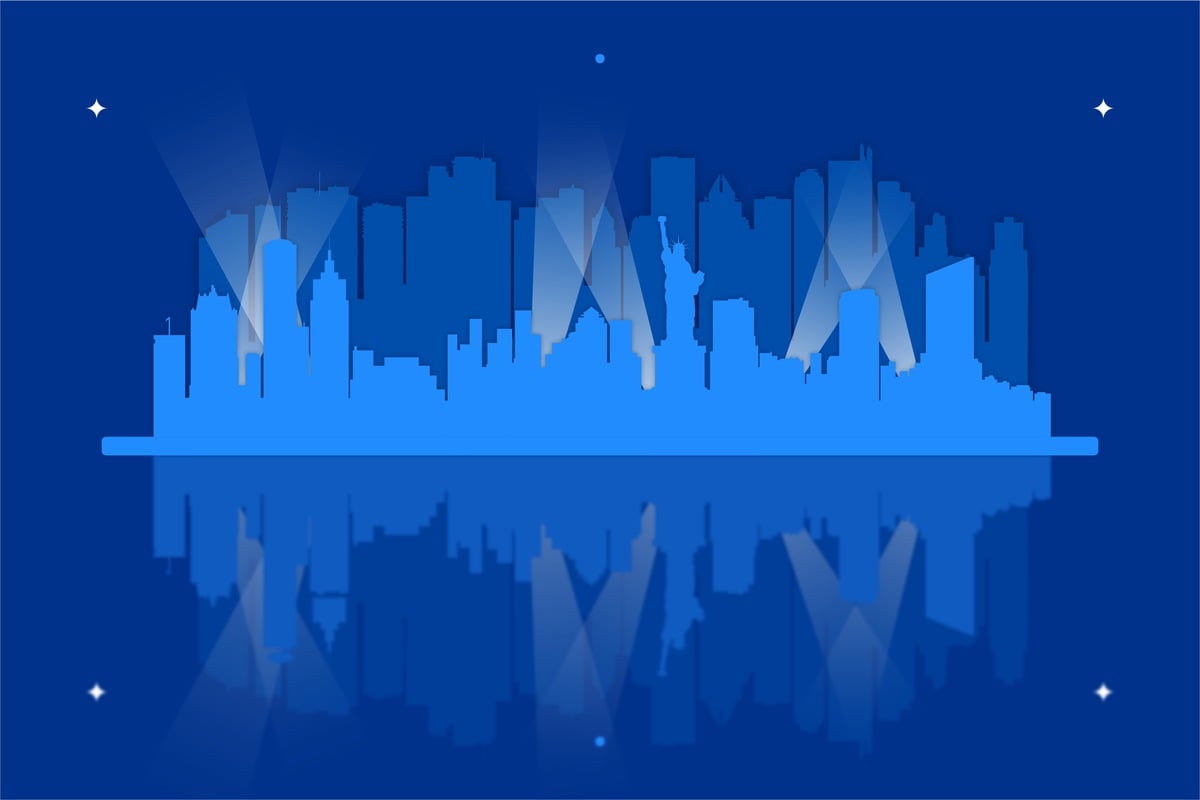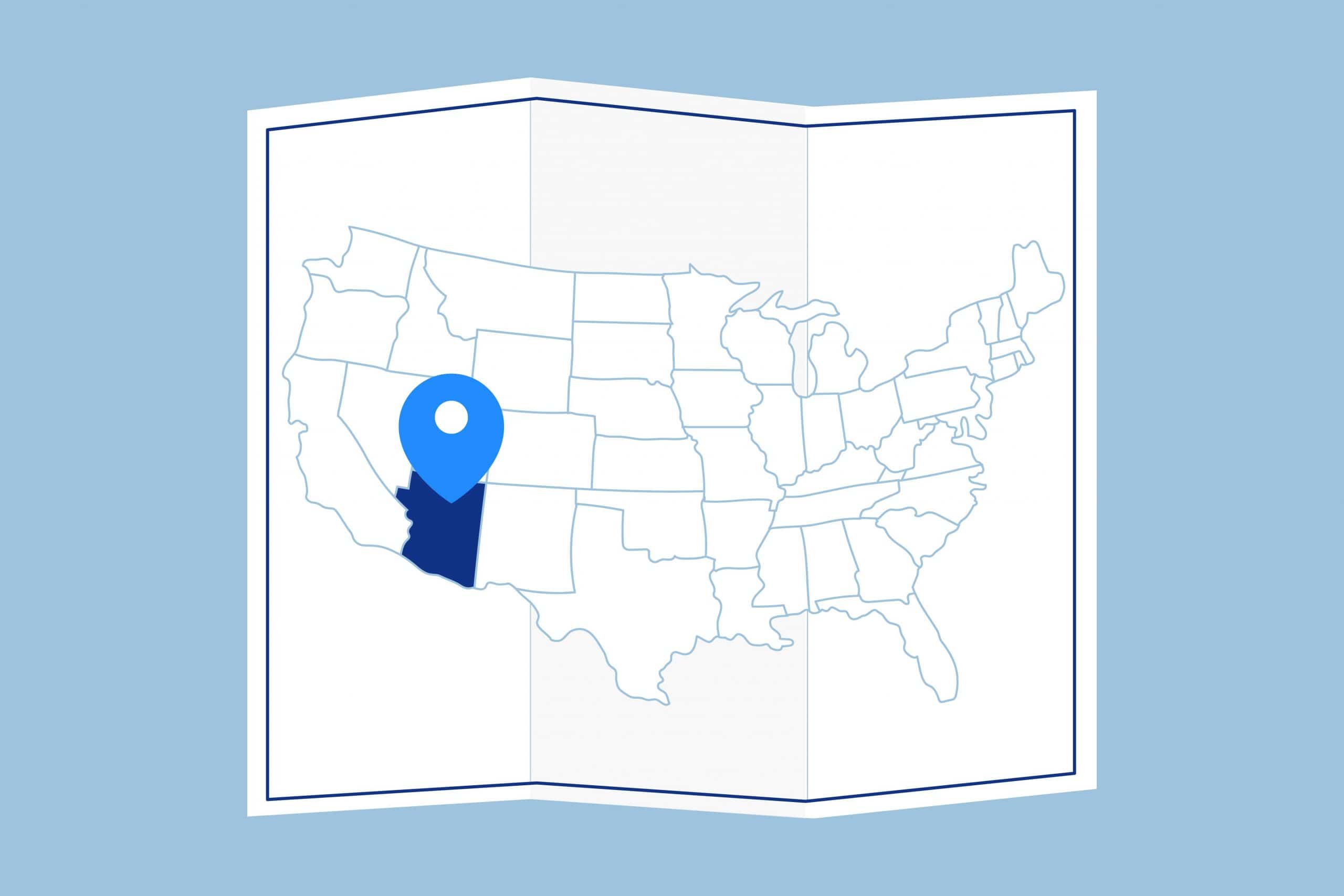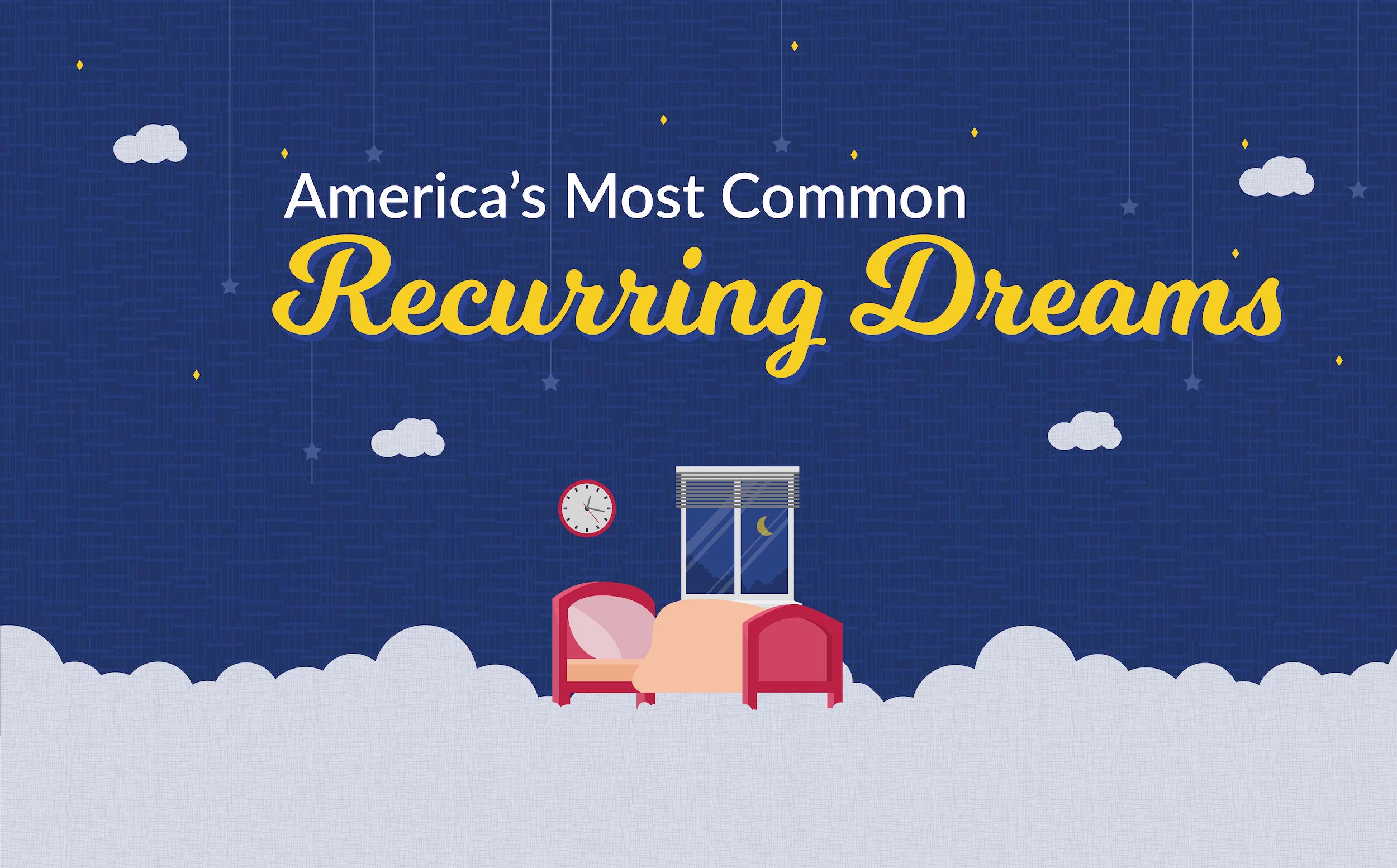
Key Takeaways
- Impact of Industry on Napping: The survey reveals that certain industries, such as technology and construction, are more prone to napping during work hours, with over 70% of respondents in these fields admitting to sleeping on the job. Conversely, industries like arts, entertainment, and recreation have a lower incidence of napping, possibly due to the freelance nature of work and the direct impact on personal earnings.
- Napping Trends and Rules: Despite some companies encouraging napping on the job, a significant percentage of respondents across various industries stated that sleeping during work hours was strictly prohibited. Construction workers, tech industry employees, and those in government and public administration reported the highest rates of disapproval for napping at work. However, a notable portion of respondents also indicated that their employers allowed napping.
- Sleep and Salary: The survey suggests a correlation between income level and the frequency of napping at work. Respondents with lower annual earnings reported taking more naps on average per month compared to those with higher incomes. This trend suggests that financial stability might influence the likelihood of napping during work hours, with lower-paid workers potentially struggling to get adequate sleep at home.
Sleep impacts your health, well-being, and job productivity. Most adults should aim for seven or eight hours of sleep a night, and coming up short can affect how we think, feel, and perform at work.
If you do fall short, it’s tempting to squeeze in a nap here and there – and according to our survey, it’s not totally out of the question to sleep at work. To get a glimpse into sleep habits on the job, we polled 1,001 people about this very topic. We wanted to find out which industries caught winks at work, where they slept, the consequences they encountered for sleeping on the job, and whether income level had anything to do with it. Let’s take a look to see how it all panned out.
Zzzs on the Job
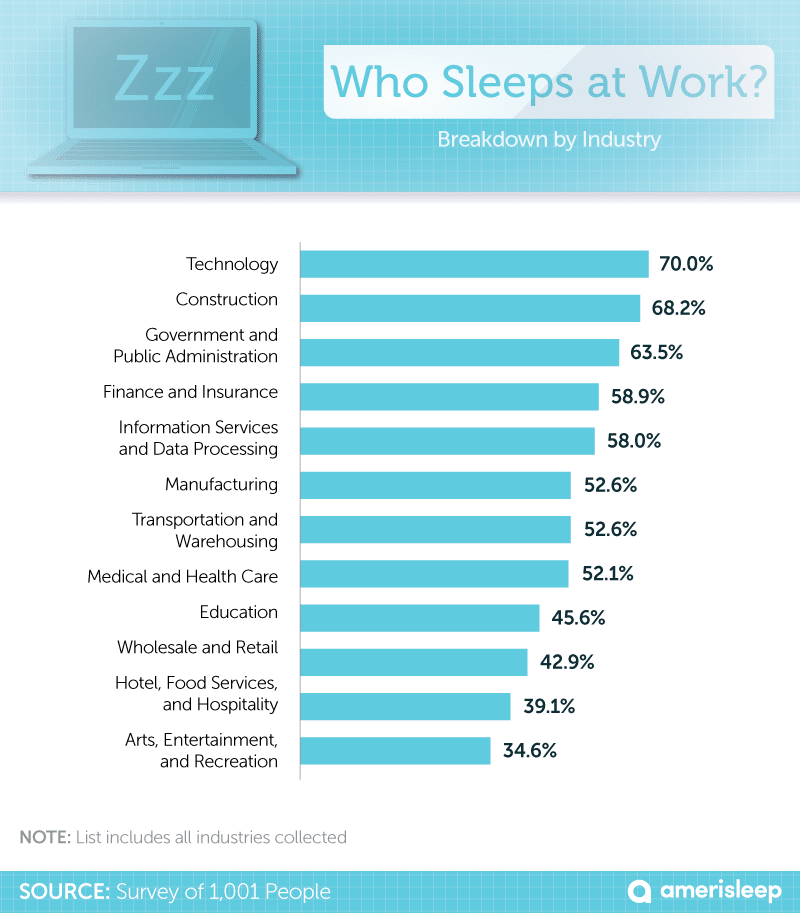
Different jobs create different working environments. Some industries, according to our poll, were more prone to napping than others. Seventy percent of respondents who worked in technology, for example, admitted to sleeping during work hours. Construction wasn’t far behind at a little over 68 percent, followed by government and public administration.
It’s not completely surprising those who work in technology partake in a nap here and there. Tech workers are even sometimes encouraged to nap on the job, including those who work at Google, where the Mountain View, California, headquarters provides plenty of perks, including on-site nap pods.
At the opposite end of the spectrum, those in arts, entertainment, and recreation were least likely to catch a nap while on the job at nearly 35 percent. Hotel and food service workers were the second least likely to catnap at just shy of 40 percent and wholesale and retail employees just a little more likely at around 43 percent.
Those who work in arts or entertainment may often be freelance or contract workers, which probably means nobody is looking over their shoulder to make sure they stay awake at their jobs. You might think this would make them more prone to napping, but when you monitor your own work, time is money, and if you’re sleeping, you’re limiting your personal earnings.
Prime Napping Spots
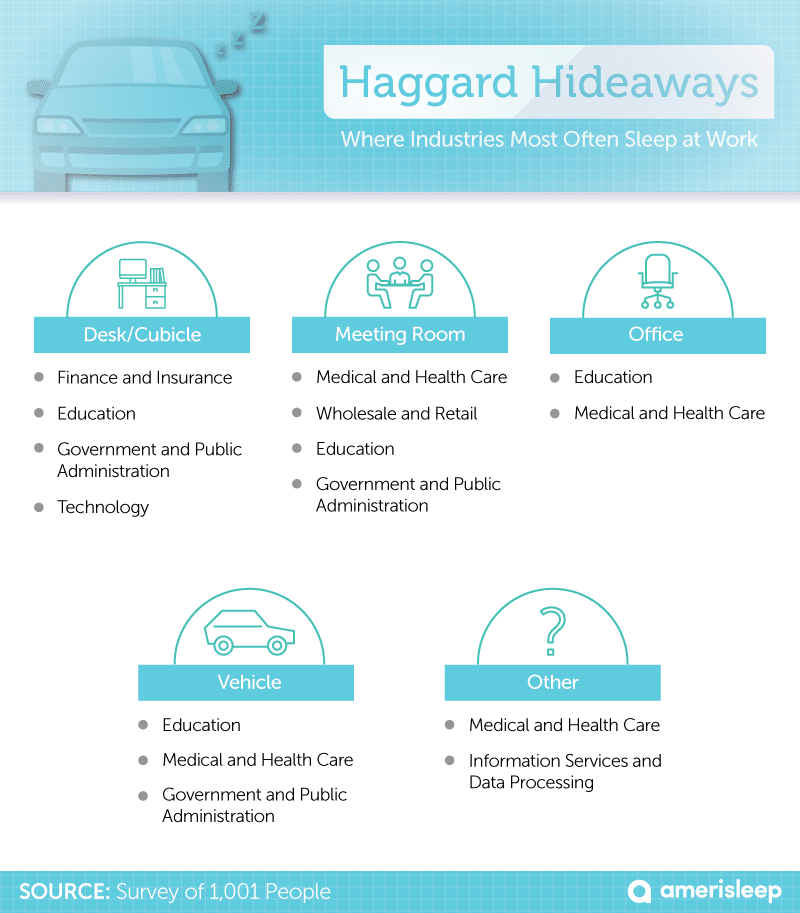
Aside from company-provided napping pods, where are workers most likely to catch a quick snooze? For those who work at a desk, including educators and tech workers, it’s often the obvious spot. You can lay your head down or kick your feet up and snore away for 20 minutes. Those in the medical field may turn to other places, however, as they don’t often have a desk to nap at. Meeting rooms and vehicles were their prime napping locales, while their office was another option. Wholesale and retail workers were keen to catch some zzz’s in the company meeting room.
There are many reasons why people don’t get enough sleep, from experiencing stress and anxiety to drinking too much caffeine. Untreated sleep disorders, such as sleep apnea or insomnia, can also play a role. No matter the reason, our respondents cited a general lack of sleep as the reason they chose to nap at work.
This reason was given most often by those in the education field (which isn’t a huge surprise as teachers generally work far beyond their contracted work hours at an average of 50 hours per week).
Respondents in the medical and health care field said a general lack of sleep was their No. 1 reason as well – again, not surprising as many nurses work three 12-hour shifts a week, and around a quarter of physicians work between 61 and 80 hours a week.
See also:
Napping Rules by Workforce
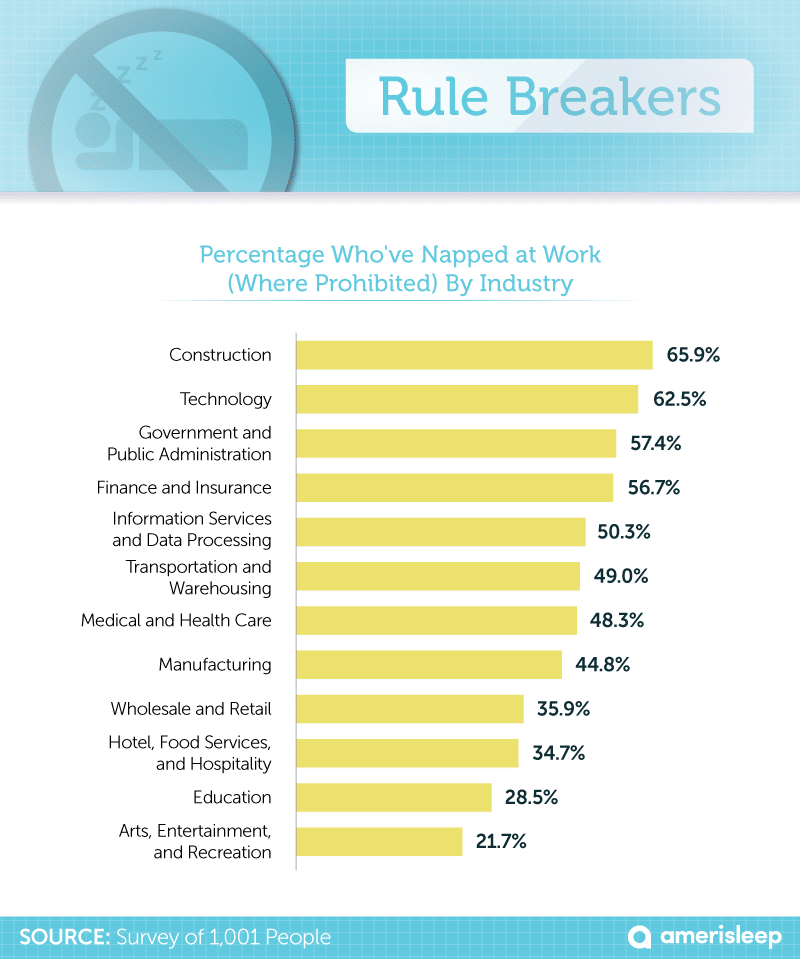
While some industries don’t mind if you nap here and there – and some employers encourage it – there are others that mandate sleeping on the job as strictly prohibited. Among our respondents, almost 66 percent of construction workers said napping was definitely not allowed, but they did it anyways, followed by those in the tech industry (more than 62 percent), government and public administration (over 57 percent), and finance and insurance (nearly 57 percent).
On the other hand, 25 percent of respondents in information services said their employers allowed napping. It was the same for 21 percent of educators, 20 percent in technology, and nearly 19 percent of those in arts and entertainment.
Breakin’ the No Napping Law
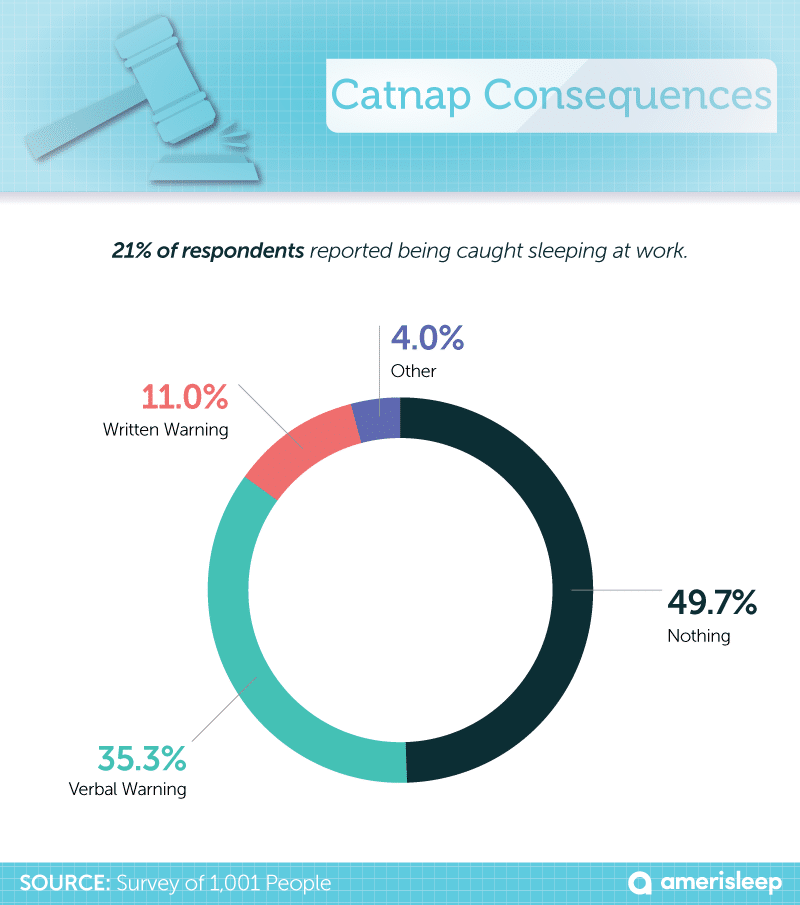
For those who are prohibited from seeking a little shut-eye during working hours, you may be surprised to find that almost 50 percent of those caught sleeping on the job didn’t meet any repercussions. However, over 35 percent received a verbal warning, and 11 percent received a written warning.
How Salary May Dictate Nap Habits
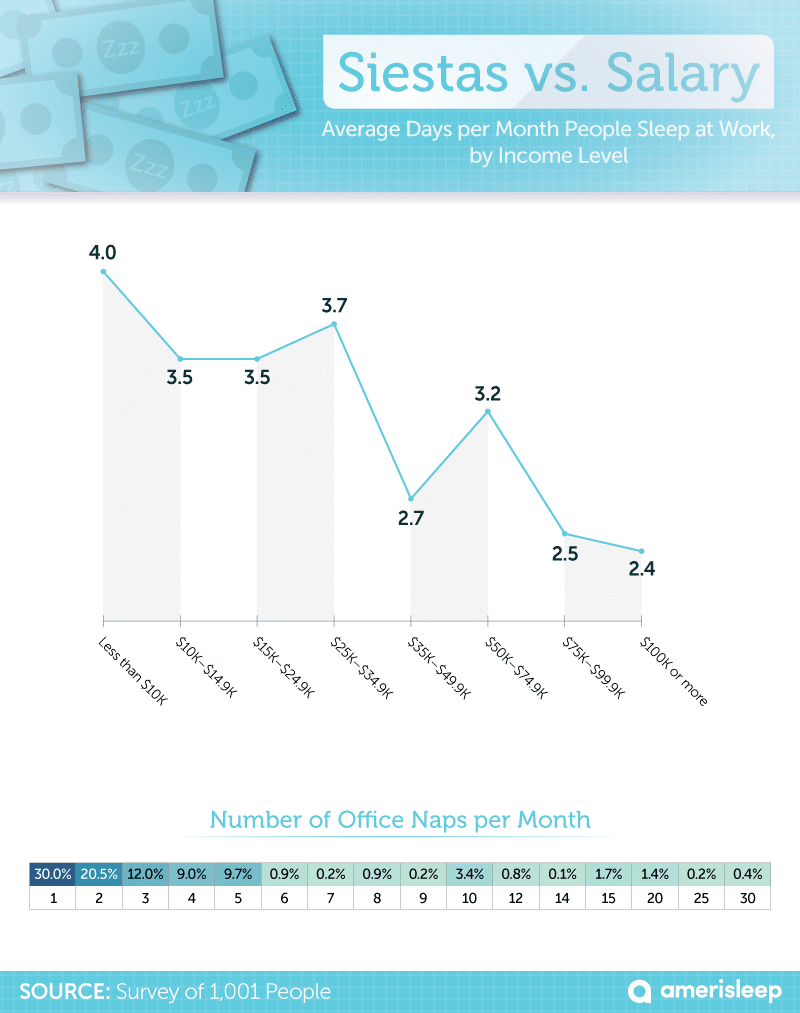
It seems the more an employee earns, the less likely they’ll take a nap while on the clock. On a per-month basis, those who earned less than $10,000 a year reported taking four naps a month on average. The chart did, overall, trend downward as salary increased to $100,000 or more, however, with those earners coming in at 2.4 naps per month on average.
For those that responded yes to napping at work, it’s far more likely these workers only napped once in a month’s time. Interestingly, less than 1 percent of respondents claimed to nap nearly every day for a month.
Unacceptable Napping
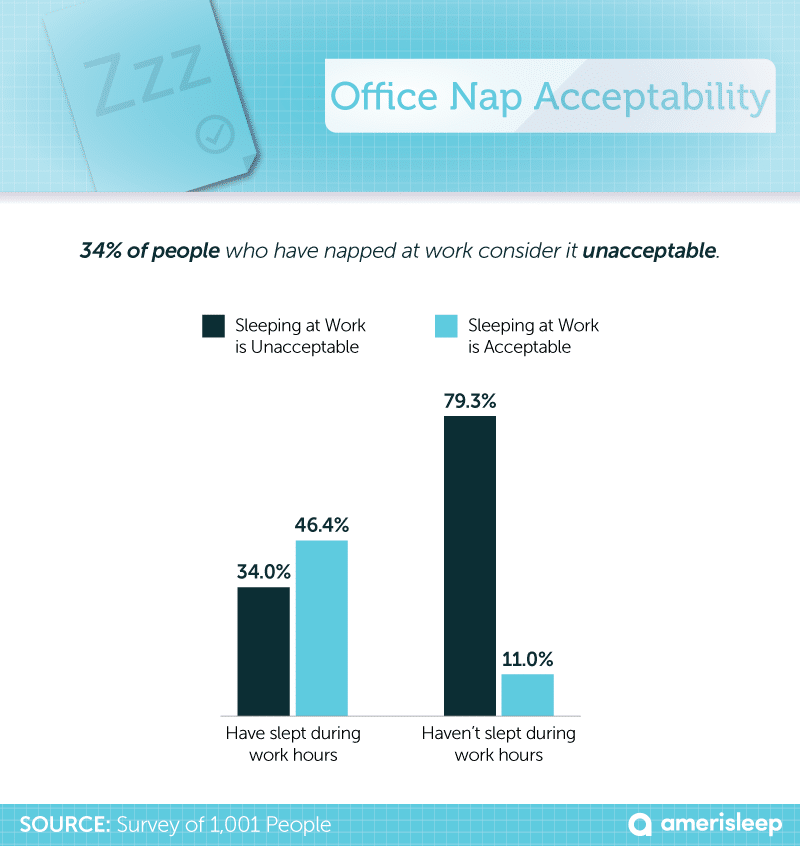
While napping at work varies by industry (and apparently salary), we asked respondents to judge whether napping at work was acceptable. For those who have never slept while at work, nearly 80 percent felt it was not OK to snooze on the clock, while 11 percent of those who never napped on the job thought it was totally fine.
Remarkably, 34 percent of those who slept during work hours felt it was unacceptable (while 46 percent thought it was just fine). This could mean they nap because they absolutely have to, despite feeling a bit remorseful. Or it could be that they know they will perform better with a little bit of sleep but they don’t necessarily feel they’re right by doing so.
A Chunk of Time… Sleeping
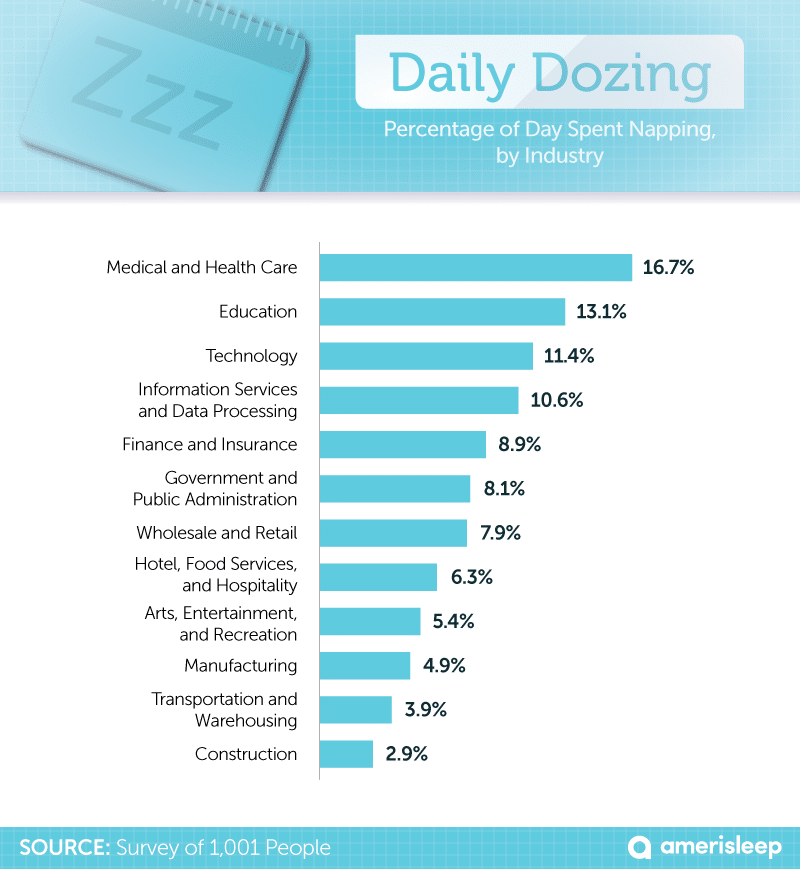
Some who work in industries like construction don’t spend a ton of their day napping. Others, however, nap for a far larger part of their day. Those in the medical field, for example, reported napping for almost 17 percent of their workday. While not too many hospitals have dedicated nap rooms, some companies support napping and have even created designated sleep spaces for employees.
The sweet spot for quality naps, however, seems to be those of the shorter variety Verified Source Johns Hopkins Medicine University focused on medical research that produces thoroughly reviewed health articles. View source – short naps (five to 15 minutes) can have immediate benefits to the napper, who wakes up more alert with no sluggishness and is ready to get back to work. These benefits wear off sooner than longer naps, however. Longer naps keep you refreshed, but are compounded by impairment from sleep inertia. This means you’re groggy when you wake up, and it takes some time to shake that lethargy off.
Better Sleep for Better Days
No matter what job you have, getting enough sleep is vital to your mental and physical health. Seven or eight hours of sleep per day is usually enough for most adults, but when your sleep is negatively impacted, or you work long, unrelenting hours, it can be hard to work with a clear head.
Naps can be good and do have noted benefits. But while some workplaces encourage napping, others forbid it. And while punishments mostly vary from nothing at all to written warnings, people still do it anyway. However, if you can get better sleep at home with your own mattress, then there may be another answer.
At Amerisleep, we know quality sleep impacts your health, happiness, and employment success. Our mattresses use superior technology in addition to locally made and sustainable design to give you comfort you’ll love. Made from high-performance sleep materials that have been clinically tested, we provide options designed to contour to your body and sleep style. Want to try it out for yourself? Visit us at Amerisleep.com to start your risk-free, 100-night trial now.
Methodology
We collected responses from 1,001 people using Amazon’s Mechanical Turk. Forty-five percent of participants were male, and 55 percent were female. Participants ranged in age from 18 to 75, with a mean of 35 and a standard deviation of 10. Participants were excluded if they were clearly not paying attention (e.g., failed attention check questions or entered obviously inconsistent data). We weighted the data to the 2017 U.S. census for age, gender, and home state.
Limitations:The data being presented rely on self-reporting. There are many issues with self-reported data. These issues include but are not limited to: selective memory, telescoping, attribution, and exaggeration. Additionally, no statistical testing was performed, so the claims listed above are based on means alone. As such, this content is purely exploratory, and future research should approach this topic more rigorously.
Sources
- https://www.sciencedirect.com/science/article/pii/B9780444537027000099?via%3Dihub Verified Source ScienceDirect One of the largest hubs for research studies and has published over 12 million different trusted resources. View source
- https://www.inc.com/zoe-henry/google-uber-and-other-companies-where-you-can-nap-at-the-office.html
- http://www.nea.org/home/12661.htm
- https://nurse.org/articles/nurses-three-days-a-week/
- https://wire.ama-assn.org/life-career/how-many-hours-are-average-physician-workweek
- https://www.health.harvard.edu/blog/naps-for-young-doctors-20100929444 Verified Source Harvard Health Blog run by Harvard Medical School offering in-depth guides to better health and articles on medical breakthroughs. View source
- https://www.bls.gov/careeroutlook/2016/article/what-is-the-gig-economy.htm
- https://wire.ama-assn.org/life-career/how-many-hours-are-average-physician-workweek
- https://www.hopkinsmedicine.org/health/wellness-and-prevention/can-a-nap-boost-brain-health Verified Source Johns Hopkins Medicine University focused on medical research that produces thoroughly reviewed health articles. View source
Fair Use Statement
Don’t let your friends sleep through this study. We’d love to see the results of our study shared on your site for any noncommercial use. Just make sure to include a link back to this page so that our contributors earn credit for their work too.
About the author
McKenzie Hyde is a Certified Sleep Science Coach and a full-time writer specializing in sleep health and the mattress industry. With a Master of Arts degree in literature and writing from Utah State University, McKenzie combines her passion for writing with her in-depth knowledge of sleep science. Her articles cover a wide range of topics, including best sleep practices for students, the consequences of sleep deprivation, and choosing the right mattress for back pain relief. McKenzie's dedication to delivering accurate and informative content makes her a valuable contributor to the field of sleep health.
View all posts